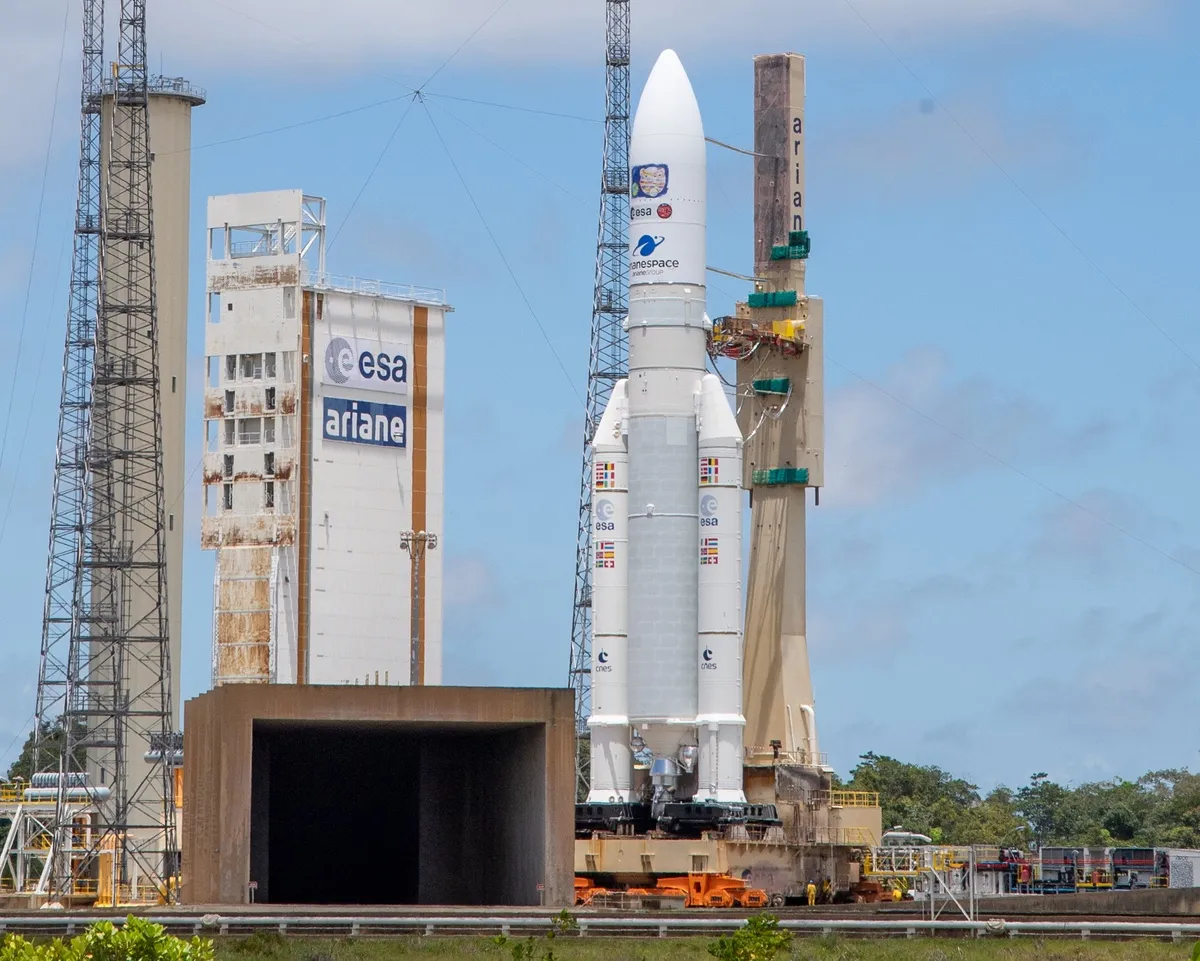The International Space Station (ISS) received a new module with equipment capable of conducting research on maintaining the temperature of astronauts on the Moon and Mars. The material arrived at the ISS on August 4 during Northrop Grumman’s 19th resupply mission, which also took materials to meet the astronauts’ basic needs.
The International Space Station is doing a lot of research, but this, in particular, may be important if humanity ever dreams of establishing colonies outside of planet Earth. This is the Fluid Boiling and Condensation Experiment (FBCE), which will be used to explore how heating and air conditioning systems can operate in regions with low gravity and extreme temperatures. The goal of the study is to figure out how to keep astronauts and people in space cool. If everyone here on Earth likes a perfect temperature environment, so will it if we ever live in space.

Conditioner for the Moon and Mars
The device was created by scientists and engineers at Purdue University and NASA’s Glenn Research Center. FBCE has been collecting data on board the ISS since 2021, but the arrival of a new module with equipment will allow for the second phase of research. Issam Mudawar, a Purdue University professor in charge of the study, argues that humanity has no knowledge of space temperature maintenance systems. “Over a hundred years, we have developed an understanding of how heating and cooling systems work in Earth’s gravity, but we do not know how they work in zero gravity.“.
According to the researchers, during the experiment, humanity will collect data to learn how to safely maintain cooling and heating systems in space. In addition to allowing the construction of colonies on places like the Moon and Mars, the results of the research could enable longer manned travel. It’s interesting to imagine that something as pervasive as air conditioning in our daily lives would require years of research before it could be safely implemented in other extreme environments.
Scientist theorizes that NASA accidentally wiped out life on Mars 50 years ago
According to the theory, an experiment conducted in the 70s could eliminate traces of life in a soil sample from the red planet.
Source: Engadget, Purdue University.
…..















